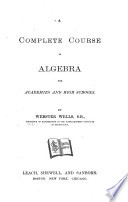 | Webster Wells - 1885 - 368 pages
...= . 4771, log 5 = .6990, log? = .8451 ; find the values of the following : 344. The logarithm of a fraction is equal to the logarithm of the numerator minus the logarithm of the denominator. Assume the equations 10*=ml; whence, }* = logm. 10» = n ) (-У — logn. »•*i» £-™,•"0'—™•... | |
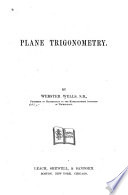 | Webster Wells - Plane trigonometry - 1887 - 158 pages
...log5 = .6990, log? = .8451 ; find the values of the following : 92. In any system, the logarithm of a fraction is equal to the logarithm of the numerator minus the logarithm of the denominator. Assume the equations ax = m] (x = \ogam, }• ; whence, < . , • 2. log6. 7. log 21. 12. log 98. 17.... | |
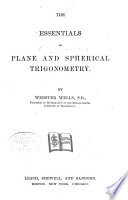 | Webster Wells - Trigonometry - 1887 - 196 pages
...log5 = .6990, log 7 = .8451 ; find the values of the following : 92. In any system, the logarithm of a fraction is equal to the logarithm of the numerator minus the logarithm of the denominator. Assume the equations ' x = loga m, : log„ n. a" = m ) , ( x = ] > ; whence, .j 2. loge. 7. log 21.... | |
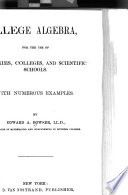 | Edward Albert Bowser - Algebra - 1888 - 868 pages
...any number of factors. Thus, log 30 = log (2 x 3 X 5) = log 2 + log 3 + log 5. (5) The logarithm of a fraction is equal to the logarithm of the numerator minus the logarithm of the denominator. For let — be the fraction, and suppose n x = logm, y — log n. Then m = a*, n = a". Vfi fl*^ Therefore... | |
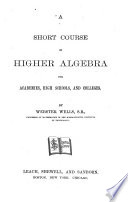 | Webster Wells - Algebra - 1889 - 584 pages
...log 7056. 5. log 84. 10. log 144. 15. log 375. 20. log 14406. 408. In any system, the logarithm of a fraction is equal to the logarithm of the numerator minus the logarithm of the denominator. Assume the equations [• ; whence, •! - a" ' cf = n ¡ (.y = lOga'1т^. . ,. . a* mm Dividing, we... | |
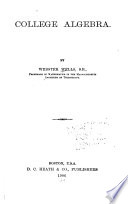 | Webster Wells - Algebra - 1890 - 604 pages
...log 12005. 5. log 105. 9. log 135. 13. log 1134. 17. Iog15876. 500. In any system, the logarithm of a fraction is equal to the logarithm of the numerator minus the logarithm of the denominator. Assume the equations a = m \- ; whence, a* = n ) Dividing, we have — = _, or a" * = a* nw Whence,... | |
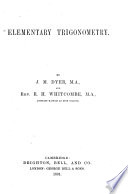 | John Maximilian Dyer - Plane trigonometry - 1891 - 306 pages
...way the theorem can be extended to any number of factors. 106. Theorem 2. The logarithm of a quotient is equal to the logarithm of the numerator minus the logarithm of the denominator. щ Let — be the quotient, a the base ; we have to show that n log. - = log. m - log. и. n .Let m... | |
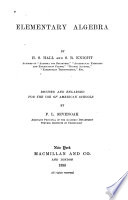 | Henry Sinclair Hall, Samuel Ratcliffe Knight - Algebra - 1895 - 508 pages
...logarithm of a product is equal to the sum of the logarithms of its factors. (2) The logarithm of a fraction is equal to the logarithm of the numerator minus the logarithm of the denominator. (3) The logarithm of any power, integral or fractional, of any quantity is equal to the logarithm of... | |
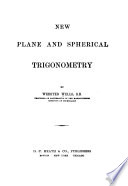 | Webster Wells - Trigonometry - 1896 - 240 pages
...log 12005. 5. log 75. 9. log 210. 13. log 686. 17. log 15876. 77. In any system, the logarithm of a fraction is equal to the logarithm of the numerator minus the logarithm of the denominator. Assume the equations ; whence, J *-""•-* a» = n ) ( y = log. n. Dividing the assumed equations,... | |
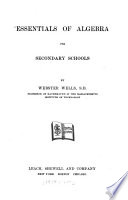 | Webster Wells - Algebra - 1897 - 422 pages
...log 12005. 6. log 40. 11. log 625. 16. log 686. 21. log 15876. 398. In any system, the logarithm of a fraction is equal to the logarithm of the numerator minus the logarithm of the denominator. Assume the equations a' = m\ <x = legam, \ ; whence, \ a? — nl ( ;j = log. н. Dividing the assumed... | |
| |